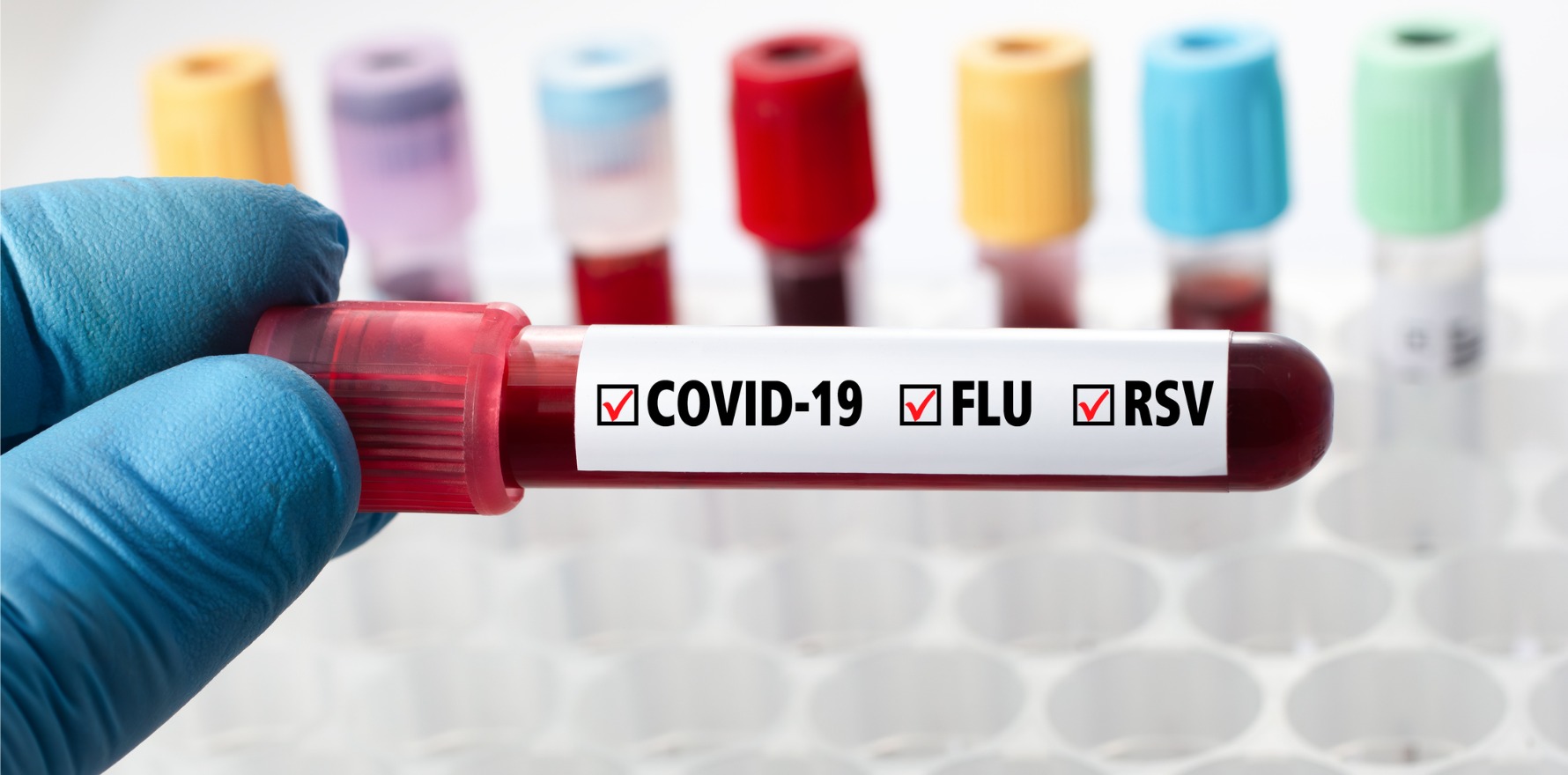Two more RSV vaccines are under consideration as we head into peak respiratory infection season.
The PBAC has rejected Pfizer’s application for its RSV vaccine, Abrysvo, to be added to the National Immunisation Program for pregnant women to prevent severe disease in their babies.
In March, the TGA approved Abrysvo for pregnant women at 24 to 36 weeks’ gestation to prevent RSV-related lower respiratory tract disease in their infants for up to six months. The vaccine was also approved for adults aged 60 and over.
But last week the PBAC said it did not recommend that the recombinant respiratory syncytial virus pre-fusion F protein-based vaccine (RSVpreF) be listed on the National Immunisation Program for pregnant women and said the vaccine would need a price drop.
In its latest recommendations, the PBAC said there was clinical evidence showing a reduced risk of medically attended and severe lower respiratory tract illness due to RSV in babies with mothers who were vaccinated during pregnancy compared to placebo.
However, the advisory body said that “the incremental cost-effectiveness ratio was high and uncertain”.
“The PBAC considered that a price reduction would be required to ensure the vaccine was cost-effective in the proposed circumstances of use.”
Pfizer Australia is working towards supply of Abrysvo from mid-year and said the price of the vaccine was not yet available.
A spokesperson for Pfizer Australia told ARR:
“Pfizer Australia welcomes the PBAC’s acknowledgement of the high and urgent unmet clinical need for prevention of RSV in infants from birth through six months of age and the clinical benefit of Abrysvo compared to placebo.
“Pfizer will continue to work collaboratively with the PBAC and Department of Health and Aged Care to deliver access to Abrysvo for pregnant individuals via the proposed National Immunisation Program as soon as possible.”
A maternal immunisation study in the NEJM found that babies of mothers vaccinated with RSVpreF had 82% lower risk of severe lower respiratory tract disease associated with RSV within three months after birth, and 69% lower risk within six months compared to placebo.
At its July meeting, the PBAC will consider NIP listing for GlaxoSmithKline Australia’s respiratory syncytial virus vaccine Arexvy for the prevention of RSV in people aged 60 and over.
The advisory body will also consider a General Schedule Restricted Benefit listing for Sanofi-Aventis Australia’s nirsevimab (Beyfortus) for babies in their first RSV season as well as children up to age two who are vulnerable to severe RSV.
Related
Other meeting outcomes from PBAC this month included:
Amino acid formula supplements with prebiotics, probiotics and long chain polyunsaturated fatty acids (Neocate Syneo, Nutricia Australia)
Request that a new formulation of Neocate Syneo continue to be listed on the PBS under the existing conditions for infants with cows’ milk enteropathy, proven combined immunoglobulin E (IgE) mediated allergy to cows’ milk protein and soy protein or combined intolerance to cows’ milk protein, soy protein and protein hydrolysate formulae. Recommended.
Beclometasone + formoterol (Fostair, Chiesi Australia)
Request a General Schedule streamlined authority listing as a maintenance and reliever treatment for asthma. Recommended.
Dupilumab (Dupixent, Sanofi-Aventis)
To request a Section 100 (Highly Specialised Drugs Program) written authority listing for the treatment of uncontrolled severe asthma in patients aged six to 11 years (currently listed for patients 12 years and older). Recommended.
Elexacaftor + tezacaftor + ivacaftor, & ivacaftor (Trikafta, Vertex Pharmaceuticals)
To request a Section 100 (Highly Specialised Drugs Program) written authority listing for the treatment of cystic fibrosis in patients aged two to five years with at least one F508del mutation on the cystic fibrosis transmembrane conductance regulator (CFTR) gene (currently listed for patients six years and older). Recommended.
Influenza vaccine (Flucelvax Quad, Seqirus)
Request inclusion on the National Immunisation Program for prevention of influenza in people aged from six months (the current minimum is five years). Recommended.
Influenza vaccine (Flublok Quadrivalent, Sanofi-Aventis)
Request a National Immunisation Program listing for the prevention of influenza in patients aged 65 years and over. Recommended.
Mepolizumab (Nucala, GSK)
Request changes from written authority required to phone/online for initial treatment and streamlined for continuing treatment of uncontrolled severe asthma. Not recommended.
There was also a request to remove the oral corticosteroids requirement within the definition of “optimised asthma therapy” to align with current treatment guidelines, which the PBAC did recommend. It also recommended that the changes apply to other PBS-listed biologics for uncontrolled severe asthma.
Tadalafil (Tadalis, Cipla)
To request listing of a new pack size of the 20mg tablets for pulmonary arterial hypertension. Recommended.
Tiotropium (Tiotropium Lupin, Generic Health)
To request a General Schedule Restricted Benefit listing of a new form of tiotropium, in conjunction with the LupinHaler, for the treatment of COPD. Recommended.





